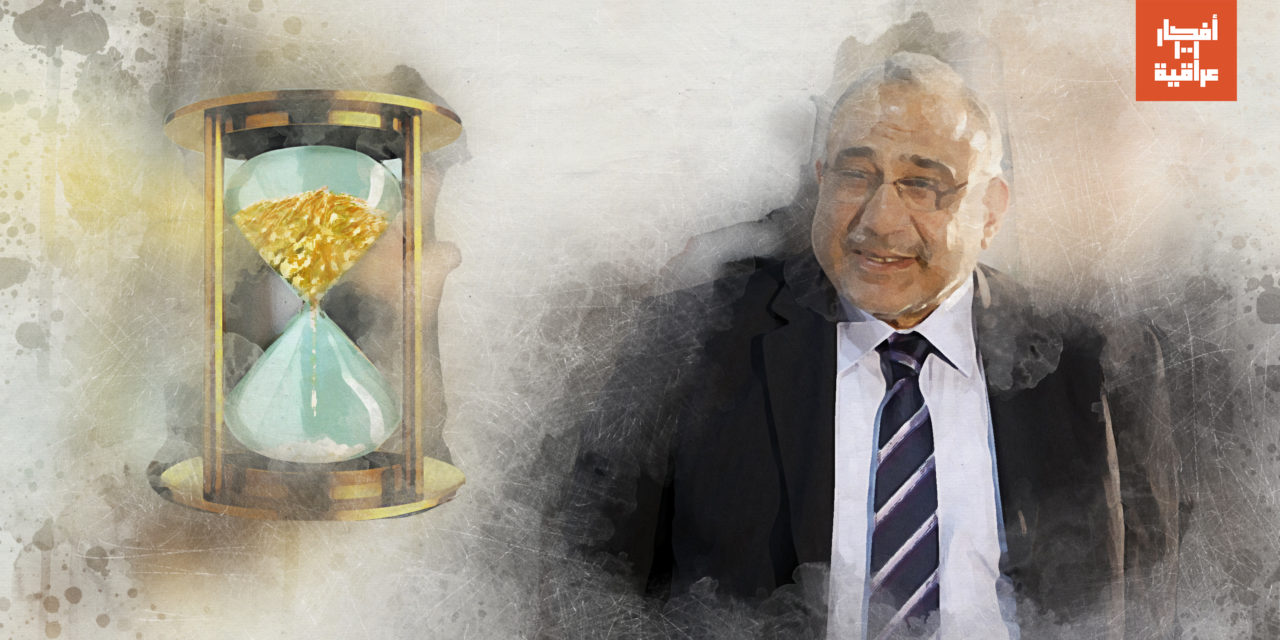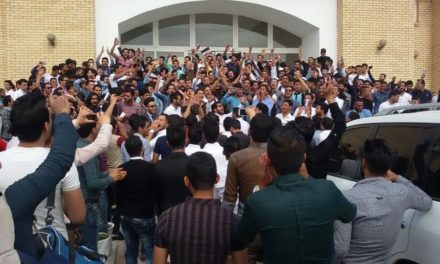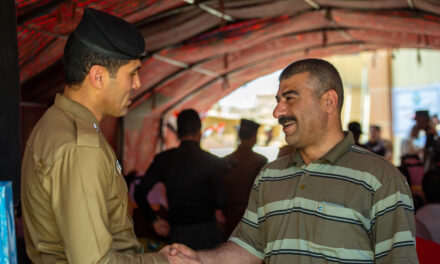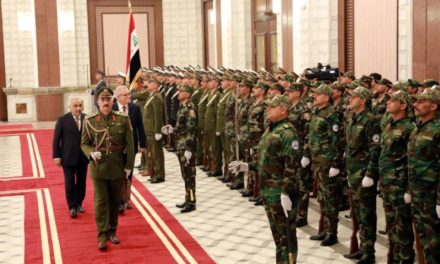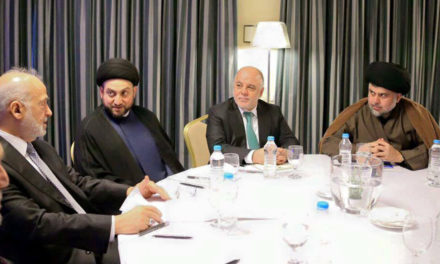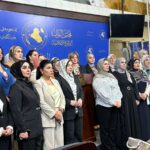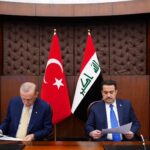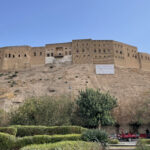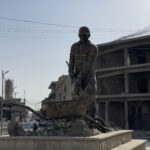Five and a half months after federal elections were held in Iraq, the country has formed its new government, minus a few ministerial posts that still need to be filled. After an election smeared with controversy and a summer of heated protests, Iraq’s new prime minister, Adil Abdul-Mahdi was sworn in on October 25 with a lot on his plate. A veteran in Iraqi politics, with a rich history of adopting various political ideologies, Abdul-Mahdi is not new to the challenges that face the role of Iraq’s Commander in Chief. However, as a compromise candidate that did not run in the election, the question on many Iraqi minds is how much time do we give Abdul-Mahdi before judging the direction in which he is leading our country?
In the United States, it is traditionally 100 days before the nation and its media begin to assess the newly inaugurated president. Many presidents dating back to John F. Kennedy have criticized the short time span in which 100 days presents to judge the new leader and claim that it takes more time to begin implementing the changes they want to see in their four years in office. New to democracy, Iraq has yet to see such a tradition take place, but this time Muqtada Al-Sadr whose coalition has the most seats in parliament (54 out of 329) has stated he will give the new prime minister one year before judging his ability to implement reforms.
Sadr claims he will not pressure any of his party members on Abdul-Mahdi to be in his cabinet. However, the Sadrists were instrumental in blocking multiple candidates nominated from the rival Fateh coalition. As a result, only 14 of the 22 ministers were sworn in and there is no sign that there has been a consensus reached on who the remaining eight ministers will be. With only two-thirds of his cabinet filled, how critical can one be in judging Abdul-Mahdi’s new government until it is complete?
An incomplete cabinet is a sign of the conflicting vision the coalition blocs have despite being able to agree on a compromise candidate for prime minister. As it stands, Abdul-Mahdi will hold a weaker premiership than his predecessors Haider Al-Abadi and Nouri Al-Maliki did, as he will be beholden to multiple blocs that have no obligation to defend him if he is not up to their standards. One of the conditions stated by the Marjaiya in the summer of 2018 was the need for a strong prime minister to combat financial and administrative corruption. Ironically, the Marjaiya’s publicized conditions on the next prime minister and being in agreement with Sadr on the need to have technocratic ministers has produced arguably the weakest cabinet since 2005.
Abdul-Mahdi not only has an incomplete cabinet, he is beholden to political parties at odds with one another in parliament, the legislative branch of government in which he has no party or bloc to push through his reform agenda. Despite accepting the job, Abdul-Mahdi’s premiership was weakened in part due to the fractured election results and the conditions put in place on forming the new government by the religious authority in Najaf.
Abdul-Mahdi is taking on arguably the most difficult job in the Middle East with a lot of restrictions already put in place, but it is not all bad news. The new government is not facing multiple threats to divide the country, whether it is Da’ish terrorists physically occupying territory or Kurdish secessionist attempts at holding referendums. Iraq may still face the threat of terrorist attacks and the sentiment of independence may linger with some Kurds, but the fact of the matter is, Iraq’s territorial strength is the strongest it has been in years and is witnessing historic levels of low violence. This brings us back to the original question Iraqis are asking. For some, particularly in Basra, there is already a disapproving verdict.
Protests in Basra have rekindled and while they are nowhere near the level at the height of this past summer, many Basrawis remain disenfranchised, especially at the fact there is not a single minister in place representing their province. While the cabinet is incomplete and the governor of Basra was seen as part of the President’s delegation in diplomatic visits across the Gulf, it remains early for full judgement to be placed on Abdul-Mahdi’s government. And no matter how high or low support may reach in the beginning, circumstances in Iraq quickly change and so do the sentiments towards the political leadership.
As seen with former prime minister Abadi, his tenure went through waves of both massive support and dissatisfaction. After a slow and rigorous start in the summer of 2014 to form a government, Abadi saw demonstrations of support to defeat corruption during the summer of 2015. A year later in the summer of 2016, protests of dissatisfaction led to demonstrators storming the Green Zone. A year after that, support was at a high again for Abadi with the liberation of Mosul and then reinstating federal authority in Kirkuk. Despite the improved security and reunification of Iraq, Abadi stumbled in the election and saw another summer of protests completely finish off his opportunity of a second term in office.
There are a lot of lessons from Abadi’s time in office that Abdul-Mahdi can learn from. The main one is that Iraqis will always demand more of their government, no matter how much improvement is seen in certain areas. If there is improvement in security, citizens still want to see improvements elsewhere, all while corruption is being fought. On top of the people’s demands, Abdul-Mahdi will have to juggle the political blocs he is beholden to. The timeline in which Sadr has set out for Abdul-Mahdi’s government to implement should be worrying for the new prime minister. Especially with Sadr’s ability to quickly mobilize his supporters to demonstrate against the government. Not only will populist sentiment constantly pose a threat for Abdul-Mahdi, it is what allows Sadr to remain relevant amongst the masses.
The role of the prime minister in Iraq is already a difficult task and one that is harder for a compromise candidate that is an independent. Due to the high demands of the people and being beholden to multiple political powers, prime minister Adil Abdul-Mahdi will be on his toes at all times, from the first 100 days until the final days of this term, assuming this government will survive until 2022. This will only be positive pressure if it forces good governance upon Abdul-Mahdi. However, if the government continues to face deadlocks like it has since parliament convened, Abdul-Mahdi will have his hands tied and could easily disappoint. Hopefully that will not be the case and Abdul-Mahdi is able to see out his time in office with the approval of the Iraqi people.


